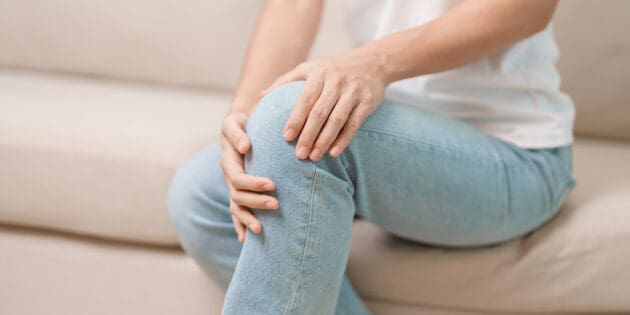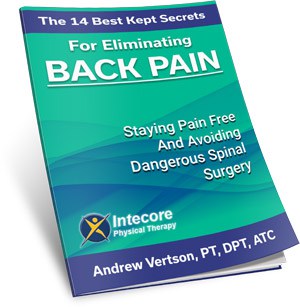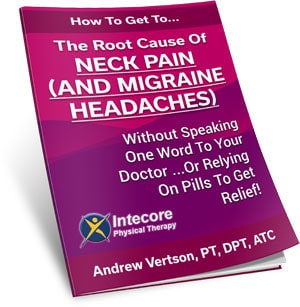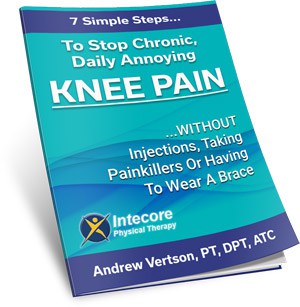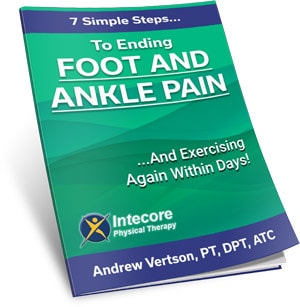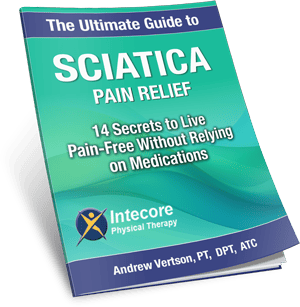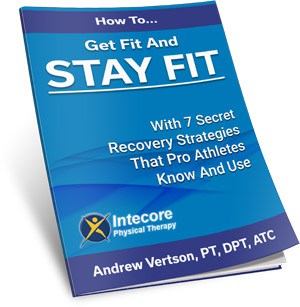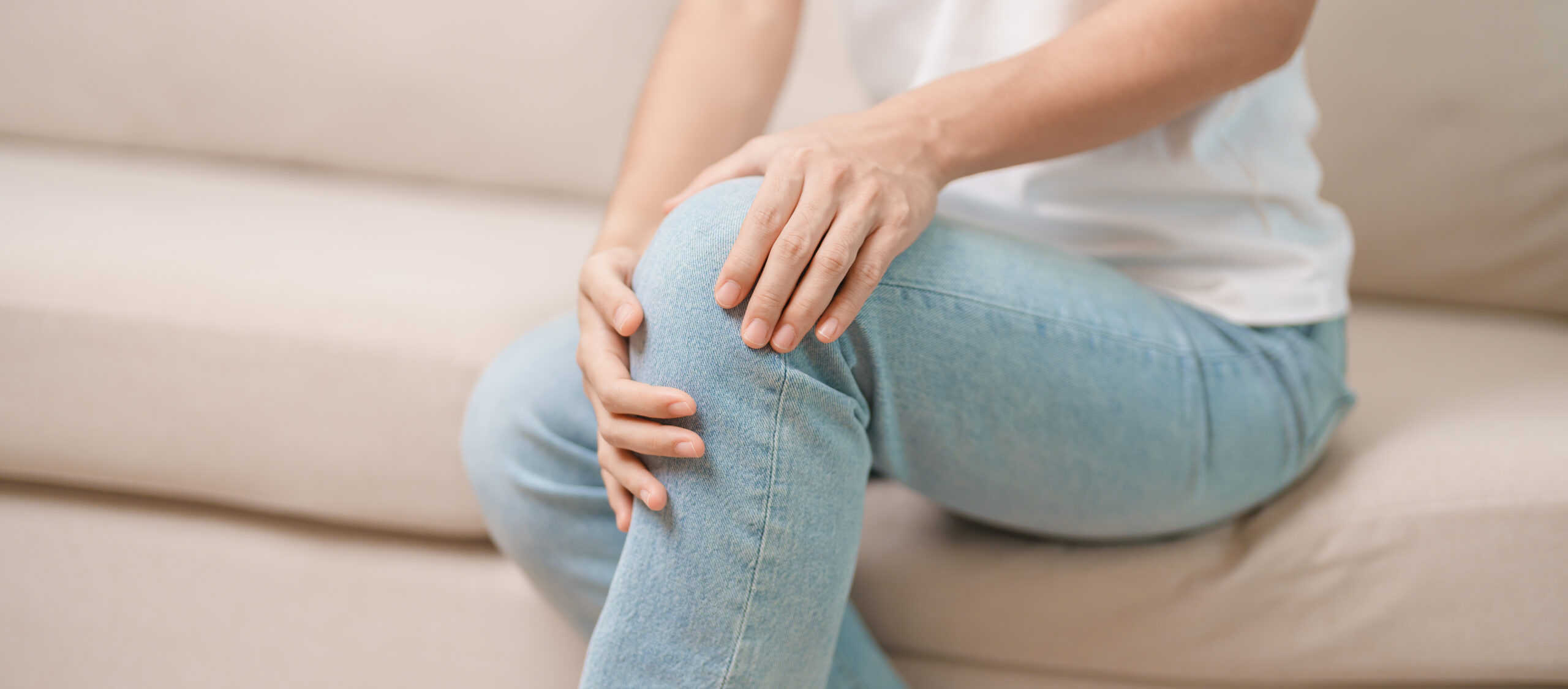
Knee pain after pregnancy – are you experiencing this common yet often overlooked issue? Many new mothers find themselves navigating not just the challenges of caring for a newborn but also dealing with various physical discomforts that accompany the postpartum period. Among these, knee pain stands out as particularly troublesome, affecting your ability to move freely and enjoy this special time to its fullest. As the owner of a physical therapy clinic in Washington state, I’ve helped many moms overcome this. In this blog, we’ll explore 5 effective strategies to relieve knee pain after pregnancy, ensuring you have the knowledge and tools needed to step into motherhood with comfort.
More Posts Like This By Intecore PT:
Managing Joint Pain Postpartum: 7 Tips for New Moms
How Long Does a Meniscus Tear Take to Heal?
Top 5 Common Posture Problems and How To Fix Them
Understanding Knee Pain After Pregnancy
Knee pain after pregnancy is a condition that can sneak up on many new mothers. The joy of bringing a new life into the world can sometimes be shadowed by various postpartum challenges, including unexpected knee pain. This discomfort might stem from several factors such as weight gain during pregnancy, changes in posture to accommodate the growing baby, and hormonal shifts that can affect joint stability and fluid retention. These changes can place additional strain on your knees, leading to discomfort. It’s crucial to address knee pain after pregnancy effectively to prevent long-term mobility issues and ensure new mothers can enjoy their time with their newborns without being held back by pain.
1. Gentle Exercise for Knee Strengthening
Incorporating gentle exercises for knee strengthening is vital in managing postpartum knee pain. Low-impact exercises can significantly improve strength around the knee without worsening post-pregnancy knee pain. Here are two exercises to start with:
- Seated Leg Lifts: Sit on a sturdy chair with your feet flat on the ground. Slowly extend one leg at a time in front of you, keeping it as straight as possible. Hold for a few seconds, then lower it back down. Repeat 10-15 times for each leg. This exercise helps strengthen the quadriceps, supporting the knee joint.
- Straight-Leg Raises: Lying on your back, bend one knee and keep your foot flat on the floor. Keep the other leg straight and lift it to the height of the bent knee. Hold for a few seconds, then lower it back down. Perform 10-15 repetitions for each leg. This exercise targets the quadriceps and the muscles surrounding the knee, aiding in knee stabilization.
2. Stretching Techniques to Alleviate Tension
Stretching is a beneficial technique for relieving tension in the muscles around the knee, which is often needed after pregnancy. Hamstring stretches and calf stretches are particularly effective in alleviating post-pregnancy knee pain. Here’s how to perform these stretches safely:
- Hamstring Stretch: Sit on the ground with your legs stretched out in front of you. Bend one knee and place the sole of that foot against the inner thigh of your extended leg. Lean forward from your hips towards the toes of your straightened leg. Hold for 15-30 seconds, then switch legs.
- Calf Stretch: Stand an arm’s length from a wall. Place one foot behind the other and gently press the back heel towards the floor while slightly bending the front knee. You should feel a stretch in the calf of the back leg. Hold for 15-30 seconds, then switch legs.
3. Importance of Proper Footwear
Choosing the right footwear is essential for supporting knee health after pregnancy. Shoes with adequate cushioning and arch support can significantly reduce the strain on your knees during daily activities. Opt for shoes designed for stability and support, particularly if you spend a lot of time on your feet. Proper footwear can make a substantial difference in minimizing knee pain after pregnancy.
4. Hydration and Nutrition for Joint Health
Staying hydrated and maintaining a balanced diet rich in anti-inflammatory foods are key components in managing knee pain after pregnancy. Hydration helps maintain the health of your joints, while foods rich in omega-3 fatty acids, antioxidants, and vitamins can aid in reducing inflammation and supporting overall joint health. Incorporating foods like salmon, berries, leafy greens, and nuts into your diet can help alleviate knee pain and support recovery.
5. Seeking Physical Therapy for Knee Pain After Pregnancy
Seeking professional physical therapy for knee pain after pregnancy can offer personalized care plans tailored to your specific needs. A physical therapist can provide you with targeted exercises, manual therapy, and other treatments to address your knee pain effectively. If you’re experiencing persistent knee pain after pregnancy, consider reaching out to our clinic in Washington state for expert guidance and support. Our team is here to help you recover fully and enjoy your time with your new baby without knee pain.
You can reach out to us and fill out our quick inquiry form when you click here, or call (949) 541-9568.
Or, if you’re not ready to speak with us on the phone, you can download our FREE postpartum joint pain guide here.
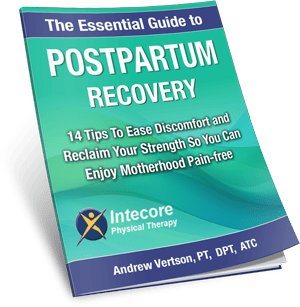
- How Many Hours of Sleep Do You Need for Recovery and Injury Prevention? - September 8, 2025
- Can Physical Therapy Help You Avoid Surgery? - August 1, 2025
- 7 Ways to Get Rid of Tension Headaches Naturally - July 1, 2025

